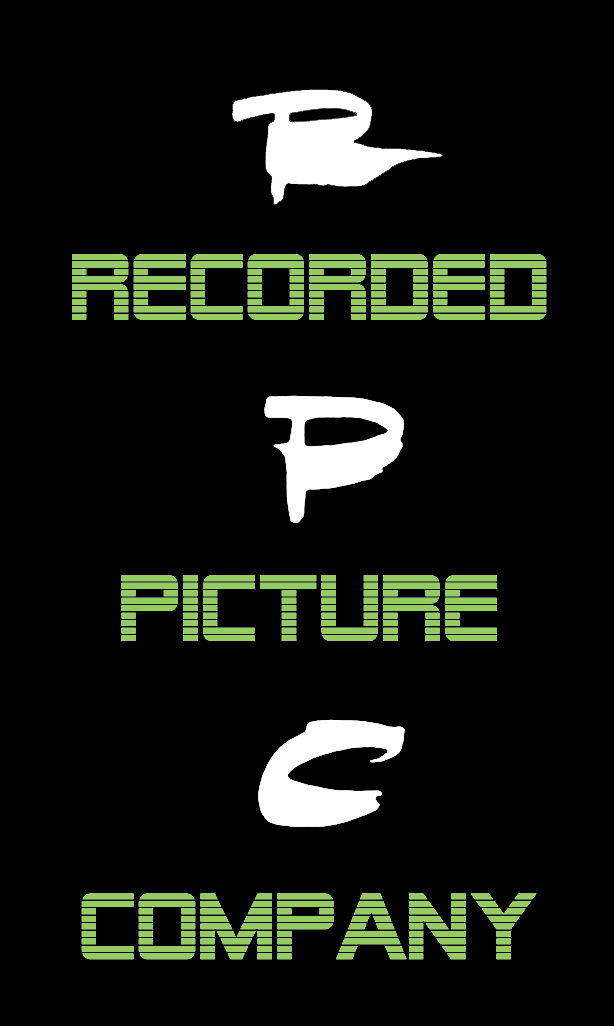Jeremy Thomas on Matteo Garrone’s ‘Pinocchio,’ Takashi Miike TV Series
British producer Jeremy Thomas, whose credits include “The Last Emperor,” “Crash” and “Sexy Beast,” is attending the Marrakech Film Festival where he was interviewed onstage by U.K. film critic Jason Solomons, who introduced him as “the Last Emperor of independent cinema.”
Interviewed by Variety, Thomas talked about Matteo Garrone’s “Pinocchio,” starring Roberto Benigni, which will be released on 600 screens in Italy on Dec. 19 and will be released in Germany, Russia and other European territories on March 20. He is still negotiating English-language world rights.
Garrone is essentially known for his dark films, such as gritty crime movie “Gomorrah,” but has dreamt of adapting Carlo Collodi’s “Pinocchio” since he was a child.
Thomas has previously produced Garrone’s English-language picture “Tale of Tales” (2015), and his crime drama “Dogman,” which competed for the Palme d’Or at the 2018 Cannes Film Festival.
Italian comedy star Benigni (“Life Is Beautiful”) – who directed and starred in a 2002 live-action version of “Pinocchio,” in which he played the title role – now plays Geppetto, marking his return to the big screen after a seven-year hiatus.
“I’ve never managed to work with Roberto before, but he’s a fantastically gifted actor,” says Thomas. “As Geppetto he brings a deep humanity to the role, and a sense of gentleness. He’s a benign Benigni.”
“Pinocchio” is a significant new departure both for Garrone and for Thomas, whose only previous family-friendly film was the 1998 feature film “All the Little Animals,” starring Christian Bale and John Hurt, that he directed and produced.
Thomas sees himself as an essentially “analogue” film professional and is wary of excessive digital effects because they can reduce the texture of a film.
He describes “Pinocchio” as “one of those sort of technical monsters with lots of effects,” but says that it avoids excessive dependence on digital effects by shooting a lot of effects in camera. He also highlights the important role played by the makeup department and effects team, including Mark Coulier, who oversaw the special makeup effects – “It’s amazing to see what Mark did with the faces, with the makeup, with the wood.”
“It’s an Italian artisan film. That’s why I love working in Italy because of the artisanal nature of filmmaking there, which is very unusual. There is a sort of cultural quality that goes into the filmmaking.”
Thomas says that he himself was surprised by the final result and says that he was moved to tears when he first saw it projected with music.
Although the story of Pinocchio is one of the world’s best-known tales, few people have actually read Collodi’s 1882 novel, which is a cautionary tale with dark undertones. It was the original text that attracted both Garrone and Thomas.
“The original story is quite dark. For example, Pinocchio’s legs are burned off. He’s made of wood and he gets a new pair of legs. Geppetto has mercy on him. But the moment he gets new legs he runs away again. It’s a cautionary tale which says if you’re a very naughty boy you’re going to suffer.”
Disney have announced plans to produce a live-action version of “Pinocchio” and Netflix are currently producing a stop-motion version with Guillermo del Toro – which the helmer has said will be set in 1930s fascist Italy.
Thomas believes that Garrone’s version captures the original spirit and setting of Collodi’s novel and is “very pure and very Italian.”
Thomas is also continuing his collaboration with Japanese director Takashi Miike, with whom he has produced four features to date, the most recent of which being Cannes-player “First Love.” Their next project will be a TV series.
Miike has directed more than 100 theatrical, video and television shows since 1991, but making a TV series will be a first for Thomas, who says that he has never wanted to produce a TV series until now, because he felt that it would leave him no room for creative input and because he prefers the big screen experience – “Believe me, it’s really pleasurable when you go to a cinema to see a film that you’ve been involved with and there’s an audience reacting to your film.”
He nonetheless believes that the new Miike project offers stimulating creative possibilities but does not want to disclose any project details at present.
“I haven’t really understood or got a grip on the streaming market. I’m a bit at sea now, because my cinema is past. Not gone, but it’s past. The playing field has got smaller – there’s only a quarter of a pitch. You’ve got a much smaller place to kick the ball around. Cinemas aren’t there. Distributors aren’t there. TV isn’t buying movies. Streamers don’t buy movies. They want to own the movies, but they’re much less interested in independents like me. Netflix is dominant. They are making some fantastic films. They don’t have to think about marketing in the same way as someone like me, and often just do a fig leaf release of their films.”
Thomas is also involved in a road-movie documentary directed by Mark Cousins (“The Story of Film”) in which Cousins accompanied the U.K. producer in his habitual four-day drive to the Cannes Film Festival, a tradition that he has upheld for 40 years.
Thomas is a strong believer in flowing with the “river of life” and his motto for his annual road pilgrimage is “my only plan is to have no plan,” which perhaps reflects his broader philosophy on life.
He concludes: “I’ve always been very Francophile because the acceptance of counterculture in France is very strong and I’m very rooted in counterculture. My cinema and my taste in my life is counterculture. That’s what I am. That’s an unusual place to be as a filmmaker, as a producer, because we’re not living in a counterculture time.”
By MARTIN DALE

